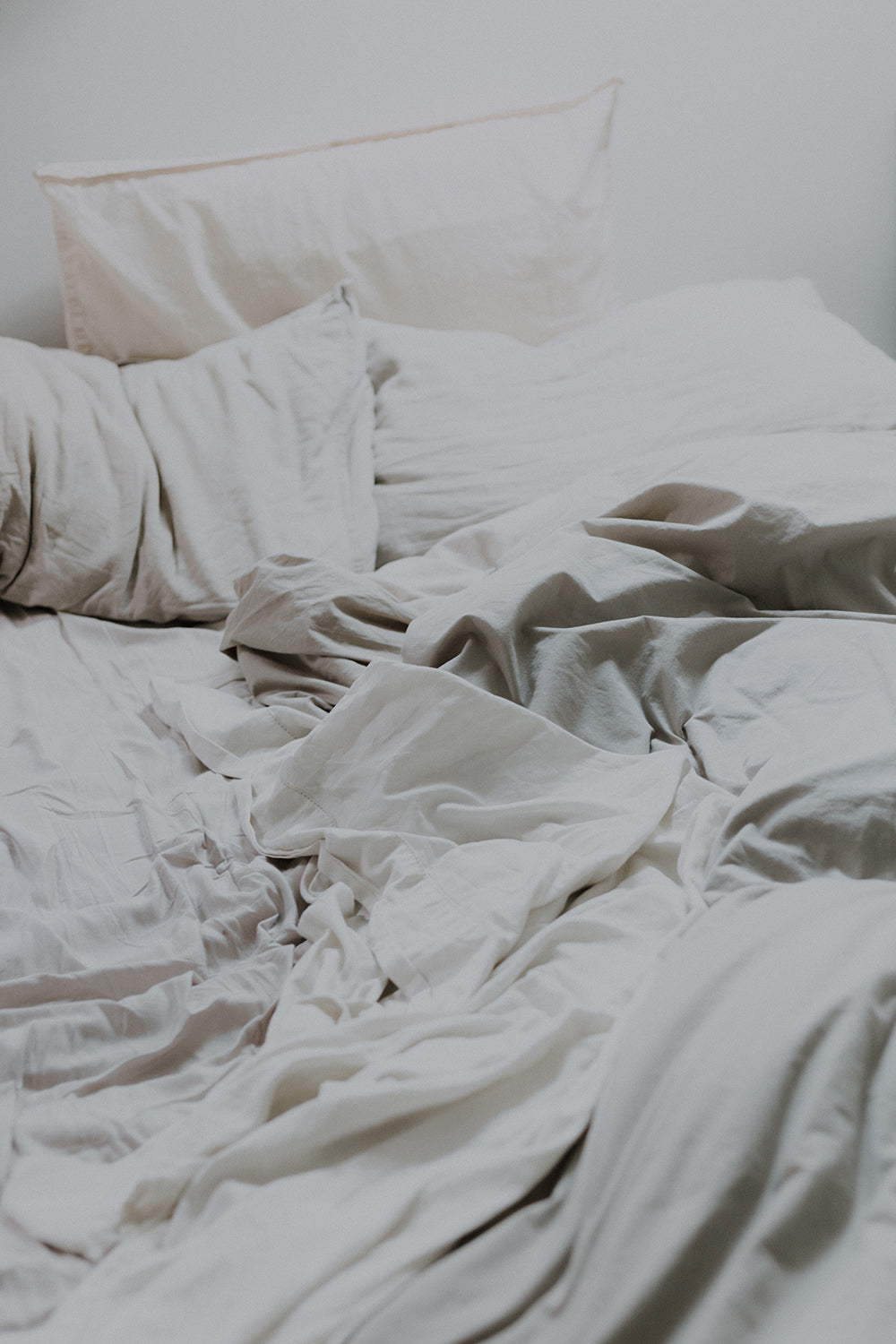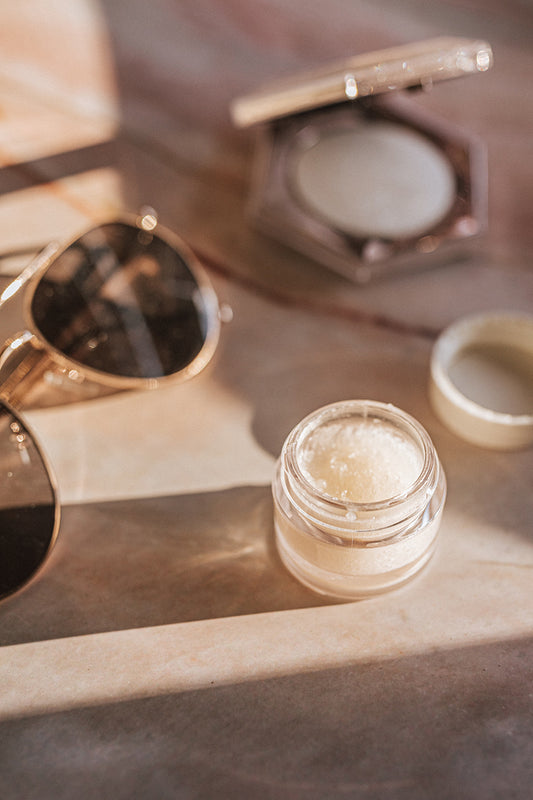Getting a good night's sleep is not only essential for overall well-being but also plays a crucial role in maintaining healthy, vibrant skin. Adequate sleep allows the body to repair and regenerate, leading to a refreshed complexion. However, sleep deprivation and poor sleep quality can have detrimental effects on men's skin health. In this article, we will explore the profound impact of sleep on men's skin and provide valuable tips to improve sleep quality for better skin health.
The Impact of Sleep on Men's Skin Health:
- Collagen Production: During deep sleep, the body produces collagen, a protein essential for skin elasticity and strength. Lack of sleep can disrupt collagen production, leading to sagging skin and increased fine lines and wrinkles.
- Skin Barrier Function: Quality sleep helps maintain the integrity of the skin's natural barrier, which protects against environmental stressors and prevents moisture loss. Poor sleep compromises the skin barrier, resulting in dryness, sensitivity, and potential skin conditions.
- Inflammation and Skin Conditions: Sleep deprivation triggers inflammation in the body, which can exacerbate existing skin conditions like acne, eczema, and psoriasis. It also hinders the skin's ability to heal and repair
- Dark Circles and Puffiness: Insufficient sleep can cause blood vessels to dilate, leading to dark circles and under-eye puffiness. Lack of restful sleep also compromises fluid balance, resulting in facial puffiness.
Tips to Improve Sleep Quality for Better Skin Health:
- Establish a Consistent Sleep Schedule: Set a regular bedtime and wake-up time, even on weekends, to regulate your body's internal clock and promote better sleep quality.
- Create a Soothing Sleep Environment: Make your bedroom a sleep-friendly haven by keeping it cool, dark, and quiet. Invest in comfortable bedding and consider using blackout curtains, earplugs, or white noise machines to minimize disturbances.
- Unwind Before Bed: Establish a relaxing pre-sleep routine to signal your body that it's time to wind down. Avoid electronic devices, as the blue light emitted can disrupt sleep. Instead, engage in activities like reading, taking a warm bath, or practicing relaxation techniques such as meditation or deep breathing exercises.
- Prioritize Sleep Hygiene: Practice good sleep hygiene habits such as avoiding heavy meals, caffeine, and stimulating activities close to bedtime. Create a calm and clutter-free bedroom environment that promotes relaxation.
- Practice Stress Management: High stress levels can interfere with sleep quality. Engage in stress-reducing activities such as yoga, exercise, or journaling to promote relaxation and prepare the mind and body for a restful sleep.
- Skincare Ritual: Establish a bedtime skincare routine that includes cleansing, moisturizing, and targeted treatments. Use products that suit your skin type and address specific concerns to maximize skin benefits during the rejuvenating sleep hours.
Prioritizing quality sleep is vital for men's skin health and overall well-being. By understanding the impact of sleep on the skin and implementing strategies to improve sleep quality, you can unlock the transformative power of a good night's sleep. Establish consistent sleep patterns, create a soothing sleep environment, practice relaxation techniques, and adopt a comprehensive skincare routine. Embrace the beauty sleep connection and awaken to healthier, more radiant skin that reflects your well-rested self.






